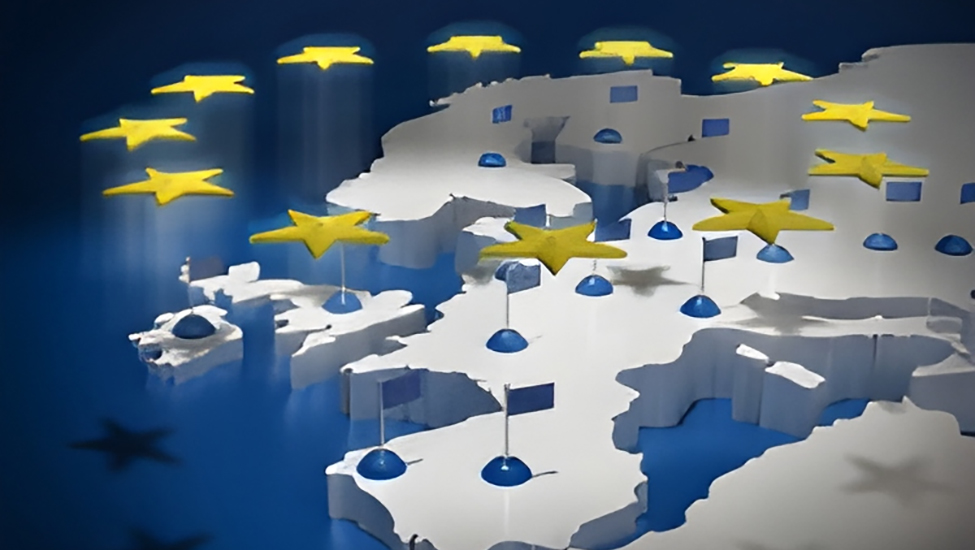The Newsletter n°496 — 18 juil. 2011
La Lettre
—
18 July 2011
Training/Latvia
1 January 1970

Women
1 January 1970
Euro/Crisis
1 January 1970
Referendum/Latvia
1 January 1970

Council
1 January 1970

Germany
1 January 1970
Luxembourg
1 January 1970
Malta
1 January 1970
France
1 January 1970
Sweden
1 January 1970
Commission
1 January 1970
UK
1 January 1970
Italy
1 January 1970
Read more -another link -another link -another link -another link
Ireland
1 January 1970
Greece
1 January 1970
Portugal
1 January 1970
Test/Banks
1 January 1970
Austria
1 January 1970
Belgium
1 January 1970
Spain
1 January 1970
Spain/Portugal
1 January 1970

Libya
1 January 1970
Education
1 January 1970

Terrorism
1 January 1970
Fisheries
1 January 1970
Counterfeiting
1 January 1970
Agriculture
1 January 1970
Women
1 January 1970
Poland/EU
1 January 1970

Agriculture
1 January 1970
Energy
1 January 1970
Borders
1 January 1970
Terrorism
1 January 1970
Competition
1 January 1970

Counterfeiting/Internet
1 January 1970
Iceland
1 January 1970

Demography
1 January 1970
Merger
1 January 1970
Reshuffle
1 January 1970

Libya
1 January 1970

Afghanistan
1 January 1970
Law/Media
1 January 1970

Croatia
1 January 1970

Austria
1 January 1970

Czech Republic
1 January 1970
Summit
1 January 1970

Industry
1 January 1970

Inflation
1 January 1970
EU/Population
1 January 1970
External Trade
1 January 1970
Digital
1 January 1970

EUPOL/Afghanistan
1 January 1970

Diplomacy
1 January 1970
Hungary/EU
1 January 1970
Greece
1 January 1970
Mediterranean
1 January 1970
Festival/Bregenza
1 January 1970

Exhibition/Naumberg
1 January 1970
Exhibition/London
1 January 1970
Festival/Piano
1 January 1970
Exhibition/Giverny
1 January 1970
Agenda
18th July
"General Affairs" and "Foreign Affairs" Councils ()
18th & 19th July
Informal Meeting of Justice and Interior Ministers ()
19th July
Agriculture and Fisheries Council ()
20th to 22nd July
Informal Competitiveness Ministers' Meeting ()
21st July
Euro area summit ()
22nd July
"Budget" Council ()
23rd July
Referendum Latvia ()
The European Space Context (after the ESA Ministerial Council meeting in 2025)
Democratic resilience in Europe in a polarised world
French nuclear deterrence and Europe
The digital euro at the dawn of a new monetary world. Geopolitical challenges, institutional obstacles and roadmap
The Digital Euro at the Dawn of a New Monetary World
The Editors of the Newsletter :
Stefanie Buzmaniuk, Helen Levy
N°ISSN : 2729-6482
Editor-in-Chief :
Eric Maurice
Director of Publication :
Pascale Joannin
Any questions or suggestions?
Contact Us!







